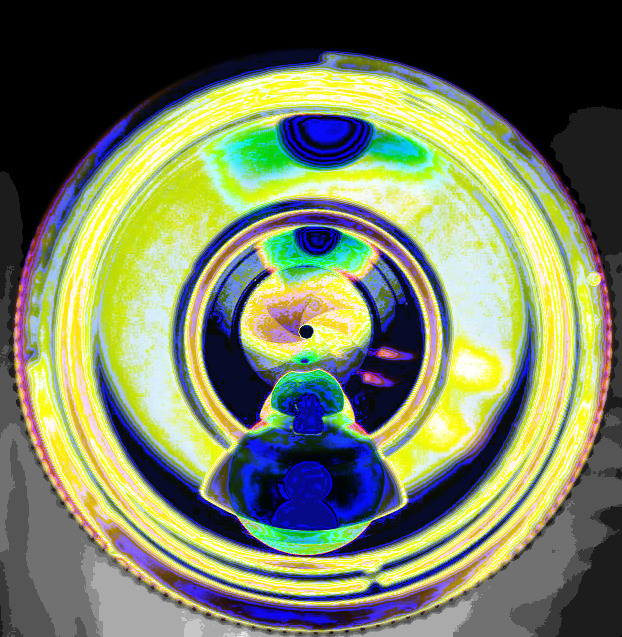Camera cluster set on space
 Experts have unveiled the ‘Huntsman Telescope’: a “first of its kind” array in the Southern Hemisphere to study the faintest, most elusive clues to better understand galaxy lifecycles.
Experts have unveiled the ‘Huntsman Telescope’: a “first of its kind” array in the Southern Hemisphere to study the faintest, most elusive clues to better understand galaxy lifecycles.
Comprising an array of 10 commercially available Canon EF 400mm f/2.8 L IS II super-telephoto lenses, the Huntsman Telescope will perform deep southern sky surveys to provide researchers with a unique understanding about galaxy formation and evolution.
The new technology located at the Siding Spring Observatory near Coonabarabran in NSW is designed to shed light on how galaxies form, how they grow, how they engage with structures that surround them, and what happens when galaxies collide.
The Huntsman Telescope’s work will be crucial to understanding what might happen should our Milky Way Galaxy have a head-on collision with its neighbour, the Andromeda Galaxy - an event theorised to occur in 4.5 billion years.
“The Huntsman Telescope is pioneering the way in which we view our Southern skies by capturing images of the faintest galaxy structures that conventional telescopes simply couldn’t,” says Principal Investigator of the Huntsman Telescope, Dr Lee Spitler.
“The ability to [see] the faintest and smallest galaxies in the universe, will help us understand the potential fate of the Milky Way in the far distant future.”
The new telescope is one of the first applications of Canon’s patented nano-fabricated coatings with sub-wavelength structures on optical glasses. The coated lens array contrasts to a conventional mirror telescope, whose imperfectly polished surface can introduce subtle errors that ruin faint, extended structures surrounding galaxies.
Each lens in the array is also equipped with a single monolithic wide-field detector covering six square degrees. With multiple redundant lines of sight, the Huntsman is able to achieve extremely accurate modelling of the night sky emission and produce ultra-clear renderings of our universe.
The Huntsman Telescope will be open to the public on 1 October 2022, as part of the annual StarFest.







 Print
Print